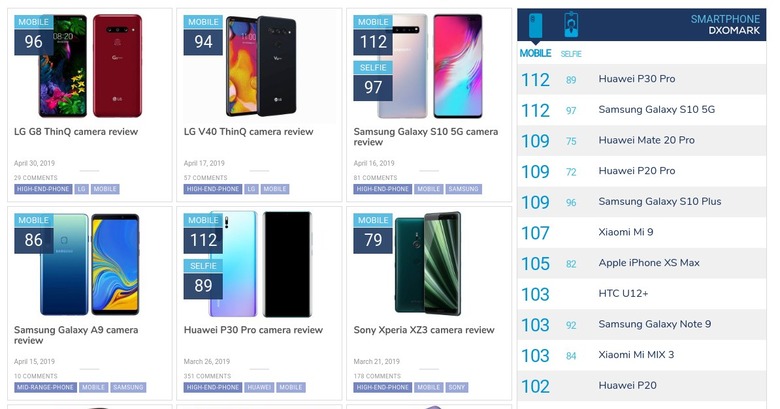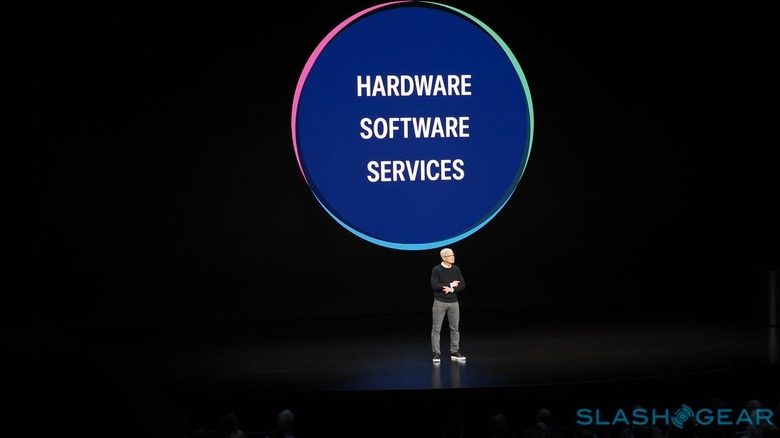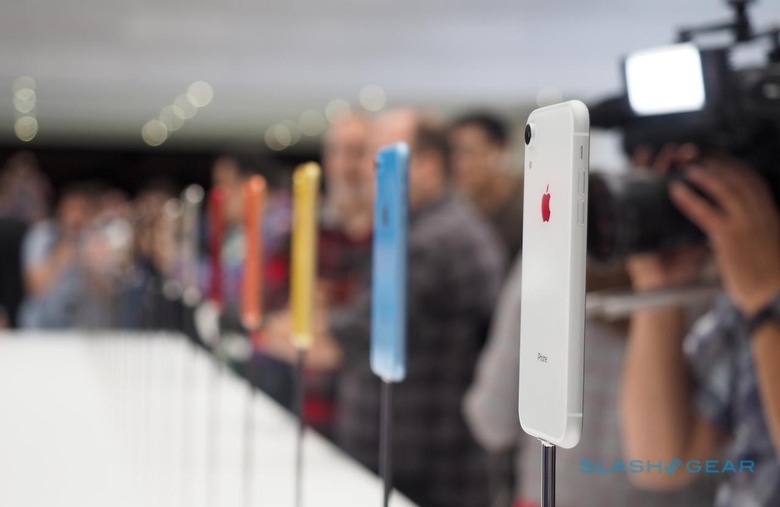iPhone Sales Are Slipping But Apple Can Still Turn The Ship Around
Apple hasn't been the king of the smartphone hill when it comes to volume for quite a while now. In the past, it has been nonplussed about unit sales as long as revenues keep rising. Lately, however, both numbers have been declining steadily, causing many to wonder if the iPhone is on its way out, especially in light of the new focus on Services. That's hardly an attractive future, especially for shareholders, and Apple can still turn the tide if it makes the right changes.
Apple reported iPhone revenues declined by 17% in the first quarter of 2019. Since it no longer discloses unit volumes, you'll have to take the word of third-party analysts who claim that the company sold anywhere from 23 to 30% fewer iPhones during that period. Whichever figure you take, the fact remains that it's a record low for a company's whose biggest money maker is its smartphones.
CEO Tim Cook blamed the decline on a number of factors, including "incoming headwinds from weaker foreign currencies." He was coy about the effect of sluggish sales in China but adjusting prices there as well as in India speaks more than any PR statement. It isn't just the economic factors that are causing the iPhone to lose its footing. The iPhone and Apple themselves are partly to blame.
Apple's smartphone has found itself unceremoniously shoved out of the spotlight when it comes to mobile photography, a market where the iPhone was unchallenged for a time. You may not put much faith in the likes of DxOMark but there is no denying the impact it has in shaping market perception. Apple may be spending hundreds if not thousands of dollars in Shot on iPhone campaigns but Samsung and Huawei are letting reviewers do the talking for them. And those reviews are favoring the iPhone's rivals.

Apple shares the same plight as Samsung when it comes to competing with the likes of Huawei, Xiaomi, OPPO, and OnePlus, not just in China but in other markets as well. It is, however, biting Apple more than the others. While Android OEMs have a wide portfolio of products across different price tiers, even Apple's cheaper iPhone XR is still too expensive for those who dream of owning an iPhone. Apple's flat pricing across markets, which is finally seeing some changes, isn't helping either.
It's not that iPhone users are suddenly flocking to more affordable Android phones because they can't afford newer iPhones. On the contrary, they remain ever so faithful to the point that it's hurting Apple anyway. Thanks to Apple's luxurious pricing scheme, owners are holding on to their iPhones far longer than they used to because it has become no longer feasible upgrade every year or even every two years. Besides, Apple has great support for two to three-year-old iPhones, so there isn't much to worry about.
While iPhones and Macs declined last quarter, iPads and Services, and especially this latter, climbed up. There is much talk about Apple transitioning towards being a services-oriented company and the numbers seem to encourage that move. While it's definitely a gain, it won't solve Apple's smartphone problem in the long run.

Unlike iPhones whose features are equally available in all markets, services don't offer the same experience everywhere. You can already see that in how some books, music, or videos are unavailable in certain markets because of the tricky topics that are copyrights, trademarks, and licenses. And that's not even considering the markets where services are not available entirely. Or, if they are, they are required to play by completely different rules, depending on the government. Yes, that primarily means China at this point in time.
Additionally, services will still require Apple to put out hardware where those will be used on. Sure, it can deploy apps on Android but that has never been Apple's way. It always wants to control every part of the ecosystem and it will need a mobile device where consumers can access those services, which pretty much describes the iPhone.
Apple's way out of this slump isn't to shift its focus to services, though that can always happen in parallel anyway. Fortunately, it is taking some steps in the right direction, like tweaking local prices or providing ways to soften the blow of expensive iPhone purchases. It needs to take bigger steps, though, to secure its footing again.
It has to rise to the top of the smartphone camera game again, for one, and make sure it remains unbeaten for two rounds at least. While iPhone cameras aren't blatantly bad, their improvements for the past years have been incremental at best, especially when facing off with Google's software algorithms or Huawei's 5x optical zoom. When a Xiaomi phone at half the price beats your most expensive best, there might be something wrong somewhere.

The more difficult pill to swallow, however, is pricing. Positioning the iPhone as a luxury device worked well for Apple in the past but now it is coming back to haunt it. It is truly becoming a luxury item that very few can afford and, therefore, risk becoming less of a household name. Apple has proven it can do great things even with hardware that may make Android phones feel suffocated. It has also proven it can create quality products for less. Perhaps it's time for the next iPhone SE that will become Apple's gateway to its more profitable services business.
